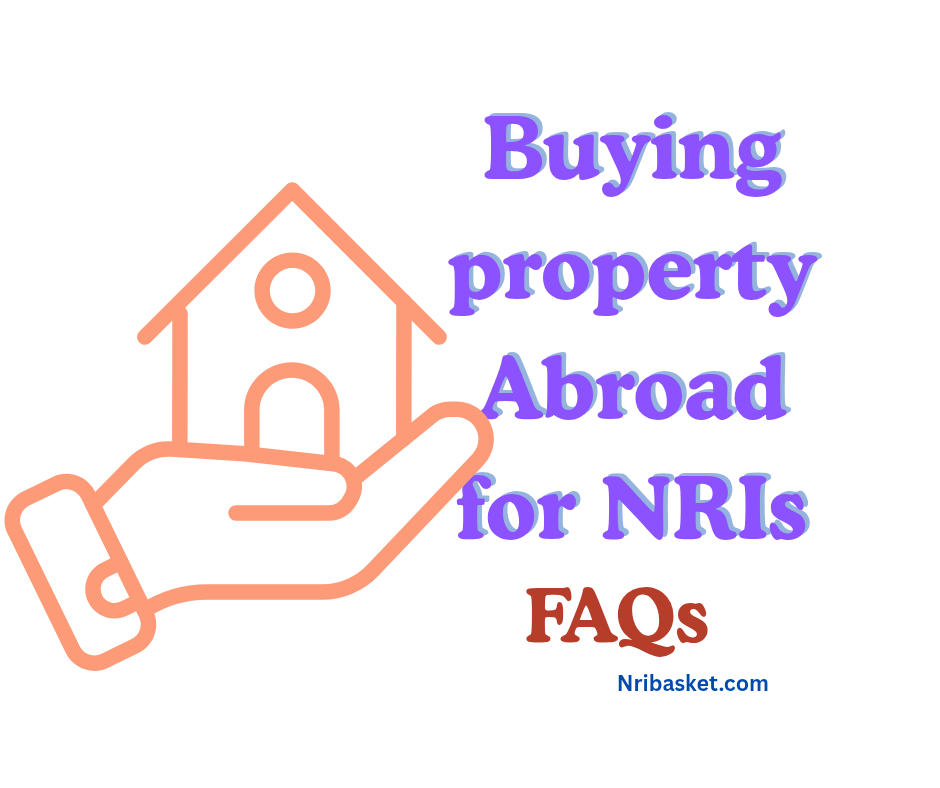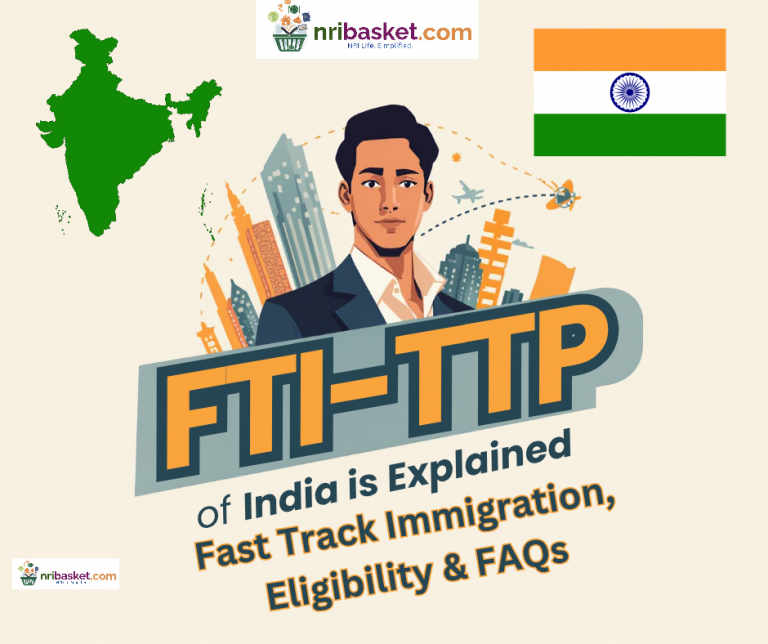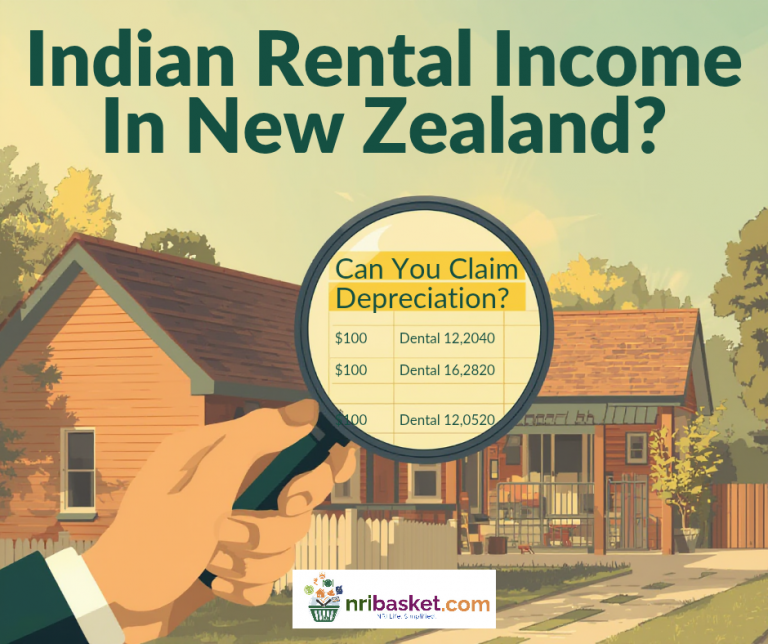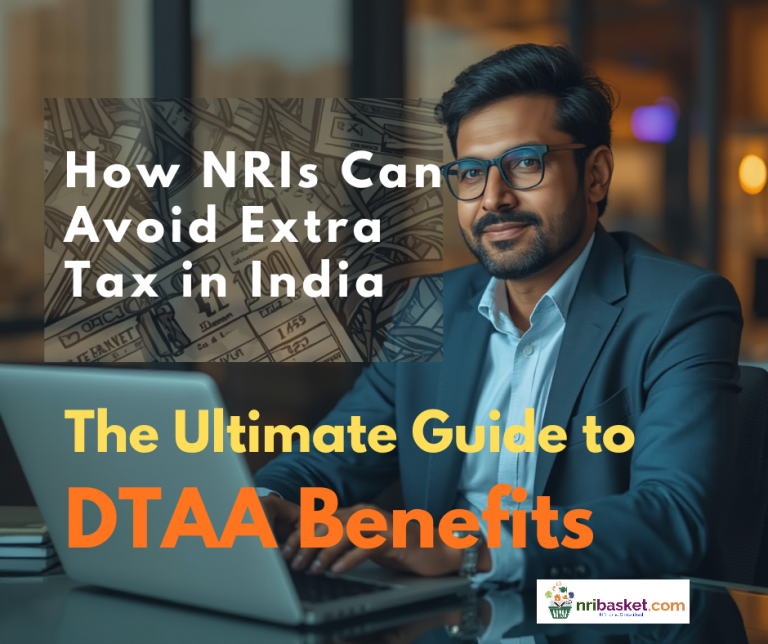
Buying Property Abroad for NRIs Frequently Asked Questions
Buying Property Abroad – NRI Guide
Short Answer: Yes,if that country’s laws allow it.
Long Answer: Many countries permit foreign nationals, including NRIs,to purchase property,but the process and restrictions vary. Some may require residency permits, special permissions, or higher taxes for non-residents.
Short Answer: Residential, commercial, or land (subject to local laws).
Long Answer: Depending on the country, NRIs can invest in apartments, houses, commercial buildings, or even agricultural land. However, some nations restrict agricultural purchases to citizens only.
Short Answer: Passport, proof of funds, and ID.
Long Answer: Commonly required documents include your valid passport, proof of address, proof of funds or mortgage approval, tax identification number (if applicable), and sometimes police clearance or background checks.
Short Answer: Using foreign savings, loans, or remittances.
Long Answer: NRIs can pay using funds held abroad, take a mortgage from a local bank in the country of purchase, or remit money/">money from India through authorized banking channels under RBI’s Liberalized Remittance Scheme (LRS).
Short Answer: Yes, in both the buying country and India.
Long Answer: You may need to pay property taxes, stamp duty, or capital gains tax in the country of purchase. In India, you must also declare the property in your income tax filings, though double taxation can be avoided through DTAA (Double Taxation Avoidance Agreement) if applicable.





